Writer Konstantin Mikhailovich Simonov turned 100 years
In the inheritance of his descendants, this writer left his memory of the war, which he passed through numerous poems, essays, plays and novels. One of the most famous major works of the writer is the novel in three parts "The Living and the Dead." In the literary field Konstantin Simonov had few competitors, because one thing is to invent and fantasize, and quite another to write about what he saw with his own eyes. In the minds of living people, Konstantin Simonov is associated precisely with his works devoted to the Great Patriotic War, with his friends from the school poems “Wait for me” and “Son of an artilleryman.”
Konstantin Simonov was born in 1915 in Petrograd in a real aristocratic family. His father was a military man, and his mother belonged to the princely family. The writer's father, Mikhail Agafangelovich Simonov, was a graduate of the imperial Nicholas Academy, he was awarded the St. George nominal weapons. Participated in the First World War, managed to rise to the rank of Major General (assigned to 6 December 1915 of the year). Apparently, during the revolution, he emigrated from Russia, the latest data about him refer to the 1920-1922 years and talk about his emigration to Poland. Simonov himself in his official biography indicated that his father went missing during the First World War. The mother of the Soviet writer was the real princess Alexandra Leonidovna Obolenskaya. Obolensky is an old Russian princely family, related to Rurik. The ancestor of this family was Prince Obolensky Ivan Mikhailovich.
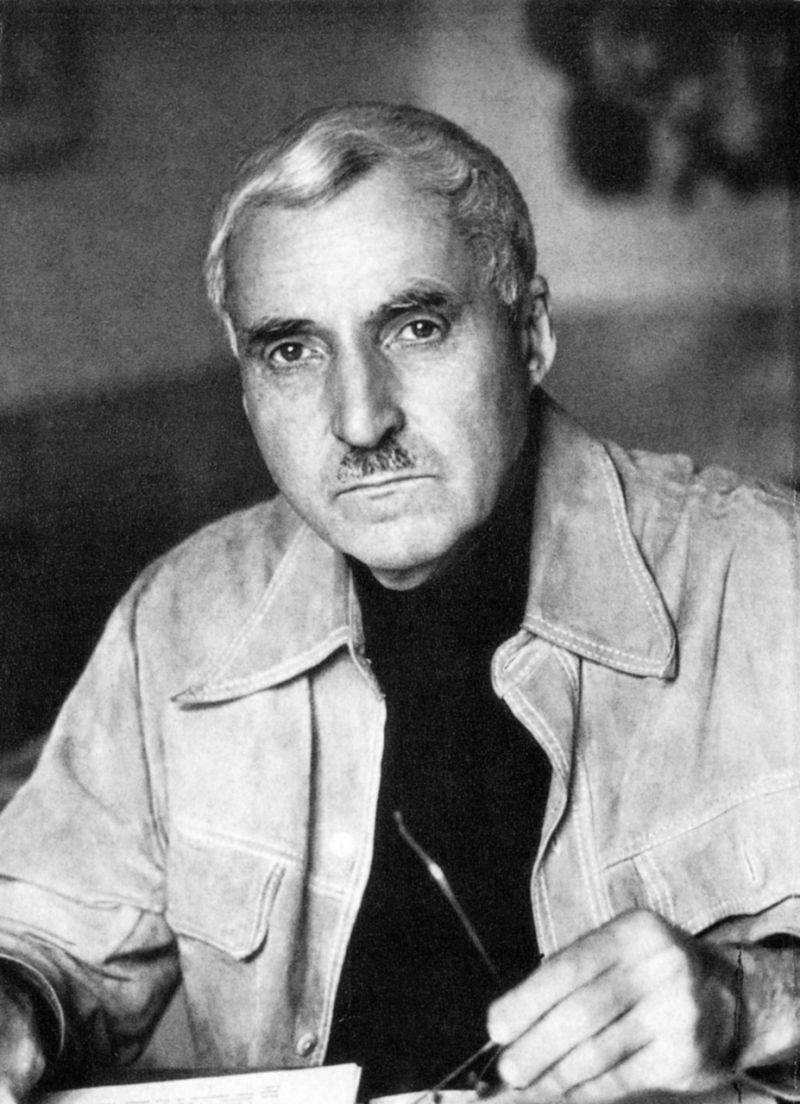
In 1919, the mother, together with the boy, moved to Ryazan, where she married the military expert, the teacher of military affairs, the former colonel of the Russian Imperial Army, Alexander Grigorievich Ivanishev. The boy was raised by his stepfather, who first taught tactics at military schools, and then became the commander of the Red Army. All the childhood of the future writer was spent traveling on military camps and commanding hostels. After graduating from 7 classes, he enters the FZU - factory school, after which he worked as a turner in Saratov, and then in Moscow, where his family moved to 1931 year. In Moscow, earning experience, he continues to work for another two years, after which he enters the Gorky Literary Institute. The interest and love for literature was given to him by his mother, who read a great deal and wrote poems herself.
Simonov wrote his first poems at the age of 7. In them, he described the studies and life of the cadets of military schools, which proceeded before his eyes. In 1934, in the second compilation of young writers, called “Review of Forces,” was printed after rewriting and rewriting the comments of a number of literary critics of the poem by Konstantin Simonov, which was called “Belomoritsy”, she talked about the construction of the White Sea-Baltic Canal. Simonov’s impressions of his trip to the construction site of the White Sea Canal will then be included in his cycle of poems of the year 1935 called “White Sea Poems”. Beginning with the 1936 year, Simonov's poems begin to appear in newspapers and magazines, at first rarely, but then more and more often.
In 1938, Konstantin Simonov graduated from the AM Gorky Literary Institute. By the time the writer has already managed to prepare and publish several major works. His poems were published in the magazines "October" and "Young Guard". Also in 1938, he was admitted to the Union of Writers of the USSR and enrolled in the graduate school of IFLI, published his poem "Pavel Cherny." At the same time, Simonov never completed his graduate school.
In 1939, Simonov, as a promising author of military subjects, was sent as a war correspondent to Khalkhin Gol and did not return to study after that. Shortly before his departure to the front, the writer finally changed his name. Instead of Kirill, his native, so he was named at birth, he took the pseudonym Konstantin Simonov. The reason for the change of name were problems with diction. The writer simply did not pronounce the letter “p” and a firm “l”, for this reason it was trite for him to pronounce the name Cyril. The pseudonym of the writer very quickly became a literary fact, and he himself very quickly gained all-Union fame precisely as Konstantin Simonov.
The war for the famous Soviet writer did not begin in the forty-first year, but earlier, even at Khalkhin Gol, and it was this trip that set many accents for his subsequent work. In addition to reports and essays from the theater of military operations, Konstantin Simonov brought a whole cycle of his poems, which became very popular in the USSR. One of the most poignant poems of that time was his “Doll”, in which the author raised the issue of the duty of a soldier to his people and homeland. Immediately before the start of the Great Patriotic War, Konstantin Simonov managed to finish the courses of military correspondents at the Military Academy named after M. Frunze (1939-1940) and the Military-Political Academy (1940-1941). By the time the war began, he managed to get a military rank - quartermaster of the second rank.
In the army, Konstantin Simonov was from the first days of the war. During the Great Patriotic War, he was his own correspondent for many army newspapers. At the beginning of the war, the writer was sent to the Western Front. July 13, 1941 Simonov was near Mogilev at the location of the 338th Infantry Regiment of the 172nd Infantry Division, parts of which stubbornly defended the city, for a long time riveting considerable German forces to itself. These first most difficult days of the war and the defense of Mogilev remained for a long time in the memory of Simonov, who, apparently, was also the witness of the famous battle on the Buinichsky field, in which the German troops lost 39 tanks.
In the novel “The Living and the Dead”, which Konstantin Simonov will write after the war, the action will unfold just on the Western front and near Mogilev. It is on the Buinichsky field that his literary heroes Serpilin and Sintsov will meet, and it is in this field that the writer will bequeath to dispel his dust after death. After the war, he tried to find participants in the famous battle on the outskirts of Mogilyov, as well as the commander of the regiment Kutepov defending the Buynichsky field, but he failed to find participants in those events, many of them never got out of the encirclement under the city, giving their lives for the future victory After the war, Konstantin Simonov himself wrote: “I was not a soldier, I was just a war correspondent, but I also have a piece of land that I cannot forget forever - this field near Mogilyov, where for the first time in July 1941, I witnessed as our troops burned down and destroyed 39 German tanks in one day. ”
In the summer of 1941, as a special correspondent for Red Star, Simonov managed to visit besieged Odessa. In 1942, he was given the rank of senior battalion commissioner. In the 1943 year - the lieutenant colonel, and after the end of the war - the colonel. The writer published most of his war correspondence in the Krasnaya Zvezda newspaper. At the same time, he was rightly considered one of the best military leaders in the country and had a very high working capacity. Simonov courageously went on a campaign on a submarine, went to the infantry attack, tried the role of a scout. During the war years he managed to visit both the Black and the Barents Sea, he saw the Norwegian fjords. The writer ended his front line in Berlin. He was personally present at the signing of the act of capitulation of Hitler's Germany. The war formed the main character traits of the writer, who helped him in his creative work and everyday life. Konstantin Simonov has always been distinguished by his soldiers' composure, very high performance and dedication.
During the four years of the war, five books with short stories and short stories were published. He also worked on the stories "Days and Nights", the plays "Russian People", "So it will be", "Under the chestnuts of Prague." In the field diaries of Simonov there were so many poems written during the war years that they then compiled several volumes of his writings at once. In 1941, Pravda published one of his most famous poems - the famous “Wait for me”. This poem is often called the "atheist prayer", a thin bridge between life and death. In “Wait for Me,” the poet turned to a certain woman who was waiting for him, having managed very successfully to convey the aspirations of all the war veterans who wrote letters to their loved ones, parents and close friends.
After the war, the writer managed to visit several foreign missions at once. For three years he traveled to the United States, Japan and China. From 1958 to 1960, he lived in Tashkent, working as a Pravda correspondent in the republics of Central Asia, it was then that he worked on his famous trilogy, The Living and the Dead. It was created following the comrade in arms novel, which was published in 1952 year. His Living and the Dead trilogy was awarded the Lenin Prize in 1974. The first novel of the same name was published in 1959 year (the film of the same name was shot on it), the second novel - “Soldiers are not born” was released in 1962 year (film “Retribution”, 1969 year), the third novel - “Last Summer” was published in 1971 year. This trilogy was an epically broad artistic study of the path of the entire Soviet people to victory in a very terrible and bloody war. In this work, Simonov tried to combine a reliable “chronicle” of the main events of the war, which he observed with his own eyes, and the analysis of these events from the point of view of their modern assessments and understanding.
Konstantin Simonov consciously created male prose, but he was able to reveal female images as well. Most often these were images of women endowed with a male sequence in actions and thoughts, enviable loyalty and ability to wait. In the works of Simonov war has always been many-sided and many-sided. The author was able to give it from different angles, moving on the pages of his works from the trenches to the army headquarters and deep rear. He knew how to show the war through the prism of his own memories and remained faithful to this principle until the end, deliberately rejecting writer's fantasies.
It is worth noting that Simonov was quite a loving man, he definitely liked women. The handsome man had a great success in the women's society, was married four times. Konstantin Simonov had four children - a son and three daughters.
The famous writer 28 August 1979, in Moscow at the age of 63, passed away. To some extent, the writer was destroyed by a craving for smoking. Throughout the war, he smoked cigarettes, and then went on the phone. He quit smoking only three years before his death. According to the son of the writer Alexei Simonov, the father loved to smoke special English tobacco with a cherry flavor. After the writer's death, according to the will he left, his relatives scattered his ashes in the Buynichsky field. It was on this field, after the terrible upheavals and fear of the first weeks of the war, that Konstantin Simonov, for the first time, felt for the first time that the country would not surrender to the enemy, would be able to get out. After the war, he very often returned to this field, eventually returning to it forever.
Based on materials from open sources
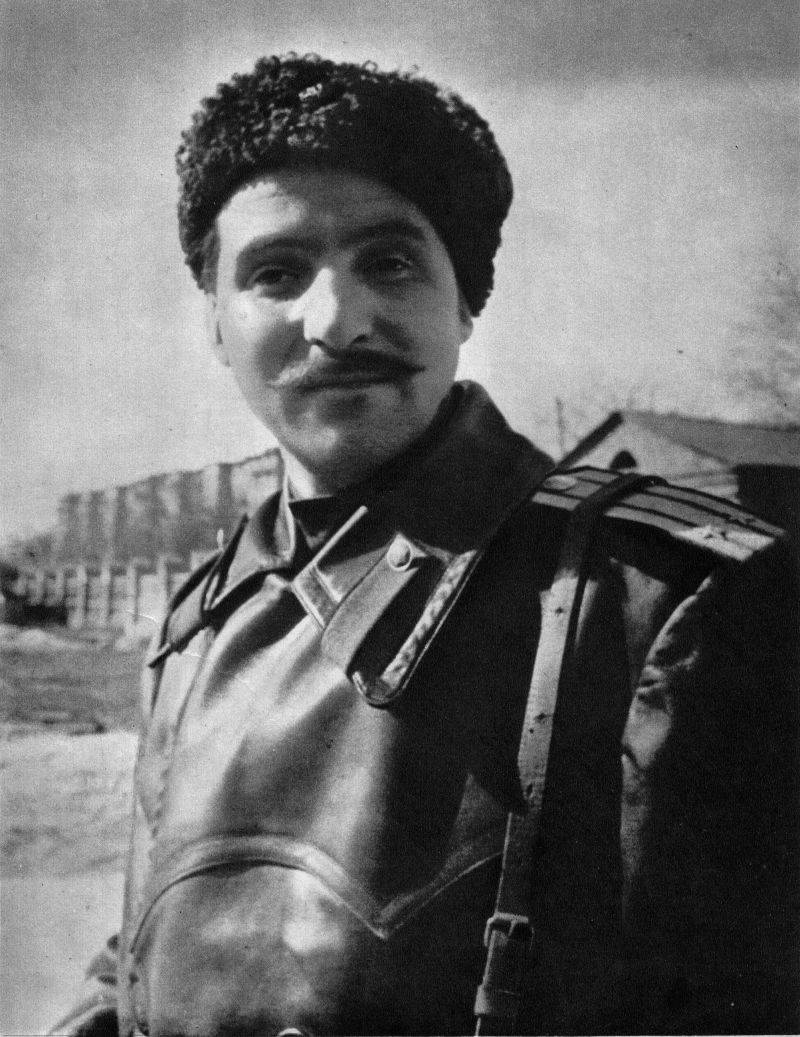
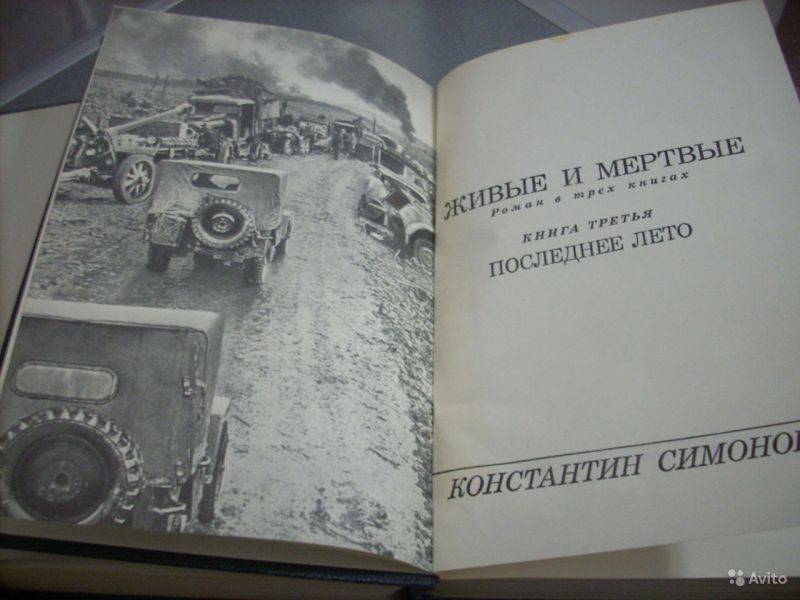
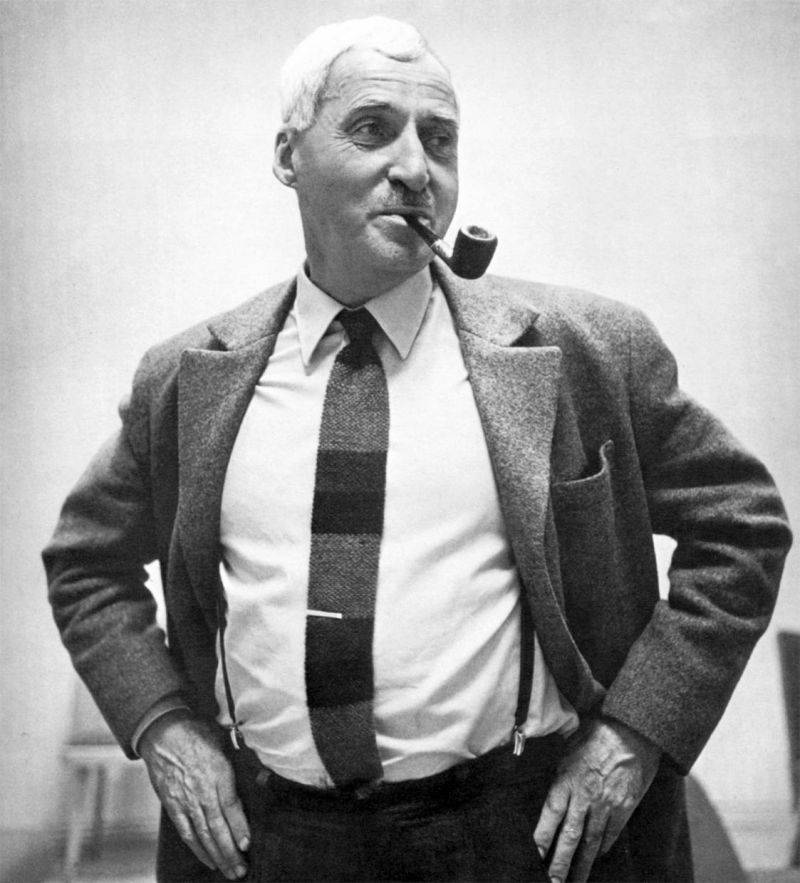
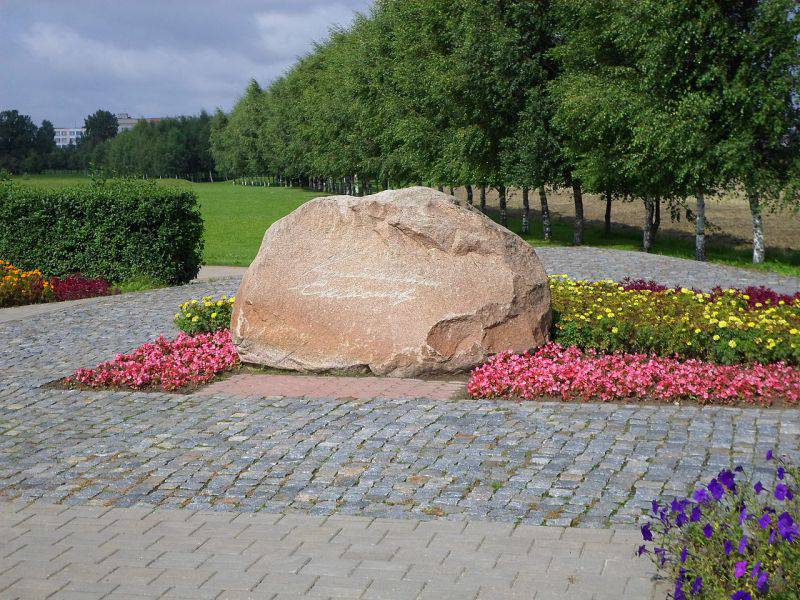
Information